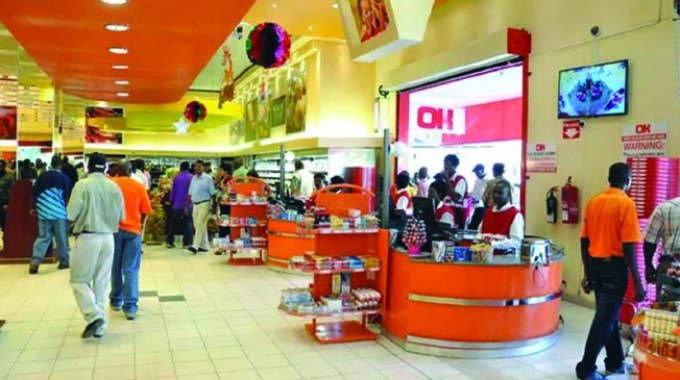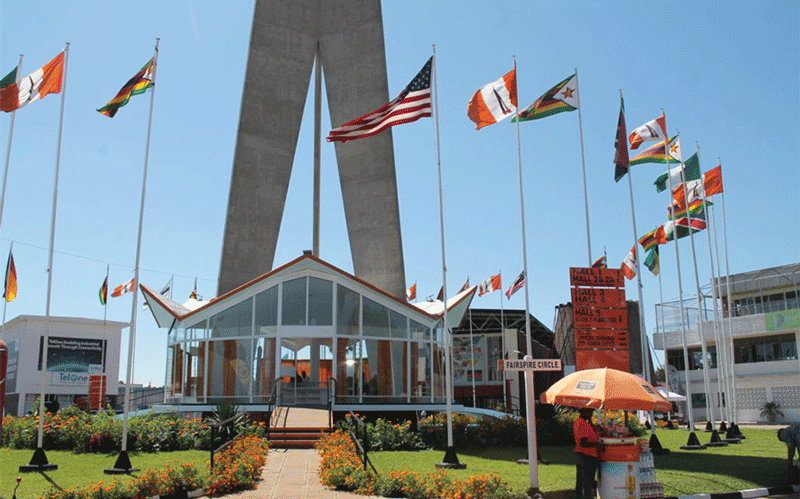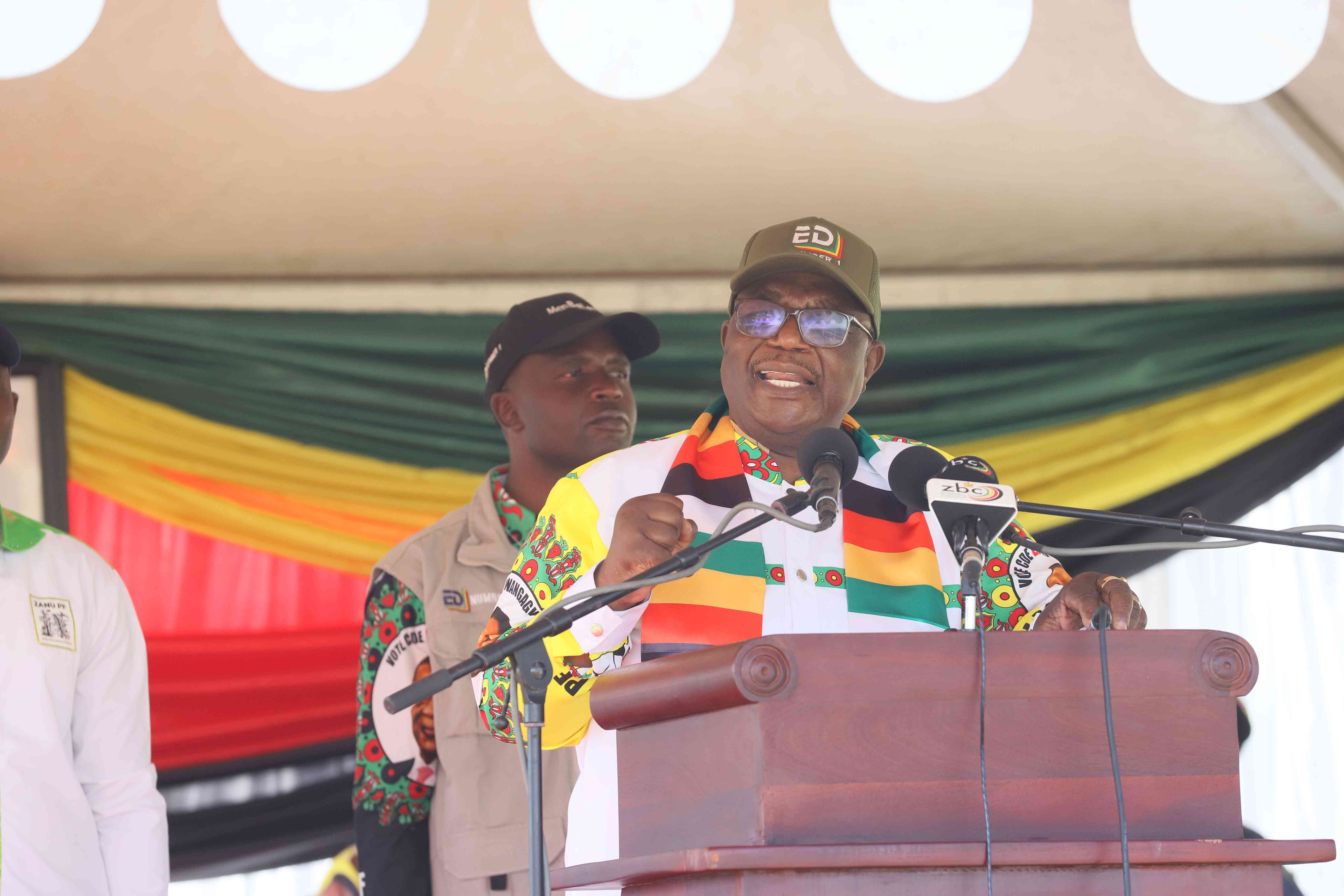
WITH a debt of $1,8 trillion, as revealed by the Zimbabwe Debt Management Office last week, Zimbabwe has effectively slipped into dangerous territory.
And by any standards, this debt has outfoxed many of all the Southern African Development Community benchmarks, which means it is an affront to regional integration.
It is as big as the country’s US$18 billion gross domestic product (GDP), as estimated by the World Bank, and it is still expanding.
As each day passes without settling this debt, Zimbabwe is picking significant interest charges on arrears, which government may end up passing on to future generations.
Worse still, the desperation seen through wide-scale mortgaging of minerals to access more debt will continue.
It is a complete mess.
As at December 31, 2021, the country’s arrears only stood at US$6,6 billion and the small payments of about US$50 million government made were too little to address this crisis, which is fast mutating into a scourge.
The implications of this unsustainable debt distress are already dire.
- Chamisa under fire over US$120K donation
- Mavhunga puts DeMbare into Chibuku quarterfinals
- Pension funds bet on Cabora Bassa oilfields
- Councils defy govt fire tender directive
Keep Reading
The debt is behind government’s recent imposition of many taxes that have choked taxpayers.
Government is under pressure to settle these debts, and authorities think by extracting every extra penny that citizens are earning, mostly through electronic transfers, it is doing itself any good.
The truth is, it is abating a crisis that is already manifesting through high poverty levels.
On Thursday, even retail giant OK Zimbabwe Limited, warned authorities against forcing through a cluster of taxes against citizens.
“The group continued to endure excessive intermediated money transfer tax during the year,” OK Zimbabwe chairman Herbert Nkala said in a commentary to the group’s financial statements for the year ended December 31, 2021.
“The increase in the transaction thresholds had a dramatic impact on the competitiveness of the formal retail sector, drives inflation and undermines profitability and attractiveness of Zimbabwe as an investment destination. The group continues to appeal to the authorities to reduce these transaction thresholds to create an even playing field for the retail trade which will benefit customers. An effective corporate tax rate of 34,3% is unsustainable,” Nkala said.
This country will never get to attract foreign direct investment to its full potential unless the debt crisis is tackled as it scares away potential investors.
This is why government must address the debt crisis urgently.











